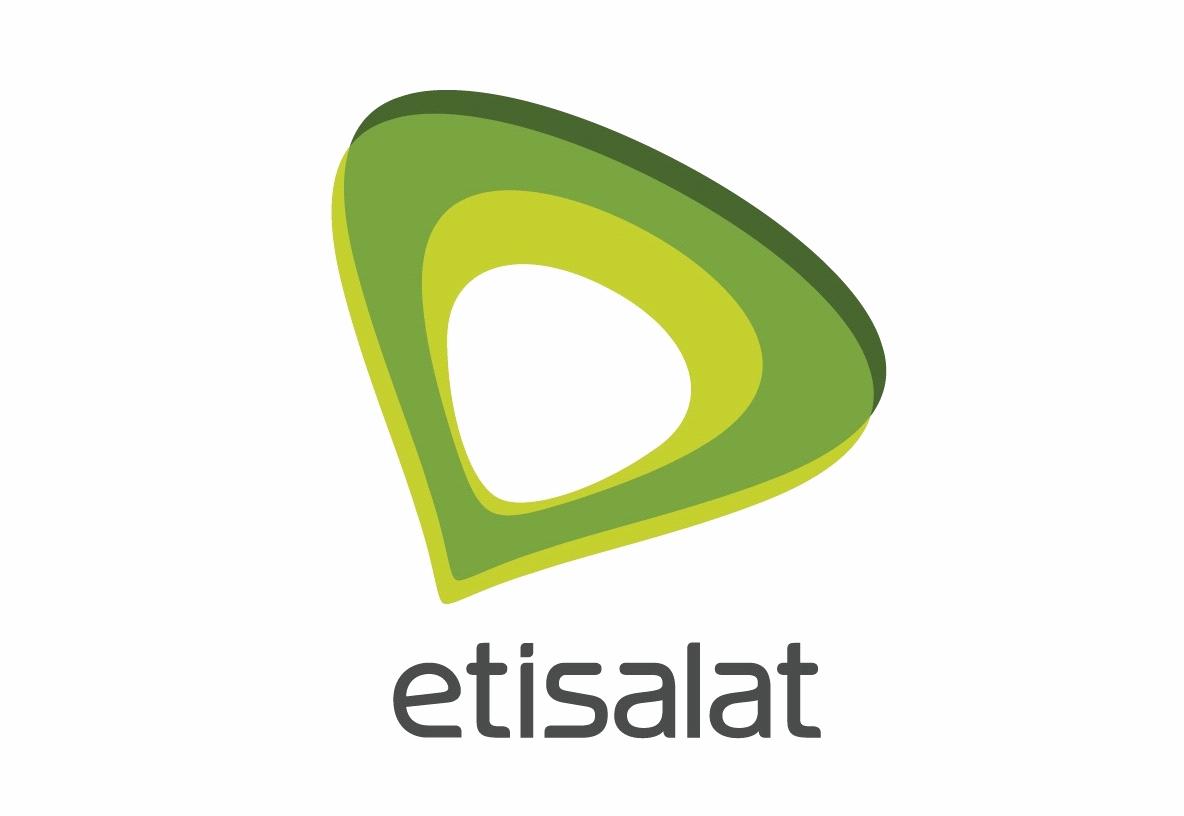- Etisalat May Leave Nigeria Over $1.2bn Loan Default
Abu Dhabi telecoms group, Etisalat, may sell its stake in Etisalat Nigeria, which has defaulted on a $1.2bn loan, but wants the company’s debt restructured before it does so, Reuters quoted two sources as informing it on Monday.
The Central Bank of Nigeria and the Nigerian Communications Commission on Friday agreed with local banks to pursue a default deal rather than a receivership for Etisalat Nigeria so as not to deter investors and to avoid a wider debt crisis.
Etisalat is due to meet with creditors on Tuesday (today) or Wednesday to discuss the default, the sources said.
It was not clear whether Etisalat, which has a 45 per cent holding in the Nigerian unit after converting a loan to equity in February, would divest completely.
The Senior Vice-President of Etisalat, Ahmed Bin Ali, according to Reuters, declined to comment, while Etisalat Nigeria could not be reached.
“It is at an early stage,” one source said of the sale.
Last week a banking source told Reuters that the Nigerian affiliate of Etisalat had given notice to its lenders that it would miss a payment in February, but the two sides have yet to agree terms.
Etisalat Nigeria signed a $1.2bn medium-term facility with 13 indigenous banks in 2013, which it used to refinance an existing $650m loan and modernise its network.
But an economic downturn, a currency devaluation and dollar shortages on Nigeria’s interbank market led to it missing payment, the Vice-President for regulatory affairs at Etisalat Nigeria, Ibrahim Dikko, said.
Banks involved in the loan include Zenith Bank, GTBank, First Bank, UBA, Fidelity Bank, Access Bank, Ecobank, FCMB, Stanbic IBTC Bank and Union Bank.
Abu Dhabi state investment fund, Mubadala, which has a 40 per cent stake in Etisalat Nigeria, wants a solution found, another source said. Mubadala declined to comment.
Etisalat has been hit hardest among foreign firms by dollar shortages in Nigeria. Firms that invested in the country in the era of high oil prices are struggling to repay loans or keep operating as the oil producer suffers from a slump in oil revenues, hitting its currency and dollar reserves.
Etisalat’s Chief Strategy Officer, Khalifa Hassan al-Forah al-Shamsi, told Reuters that it was making sure that in markets where there were currency fluctuations, operating costs were in local currencies. Though he was not responsible for Nigeria.
Etisalat Nigeria has 20 million subscribers, according to Nigeria’s telecom regulator, making it the country’s number four mobile operator with a 14 per cent market share. South Africa’s MTN has 47 per cent; Globacom, 20 per cent; and Airtel, a subsidiary of India’s Bharti Airtel, 19 per cent.

 Billionaire Watch3 weeks ago
Billionaire Watch3 weeks ago
 Startups4 weeks ago
Startups4 weeks ago
 News4 weeks ago
News4 weeks ago
 News4 weeks ago
News4 weeks ago
 Bitcoin4 weeks ago
Bitcoin4 weeks ago
 Naira4 weeks ago
Naira4 weeks ago
 Forex3 weeks ago
Forex3 weeks ago
 Treasury Bills4 weeks ago
Treasury Bills4 weeks ago

























